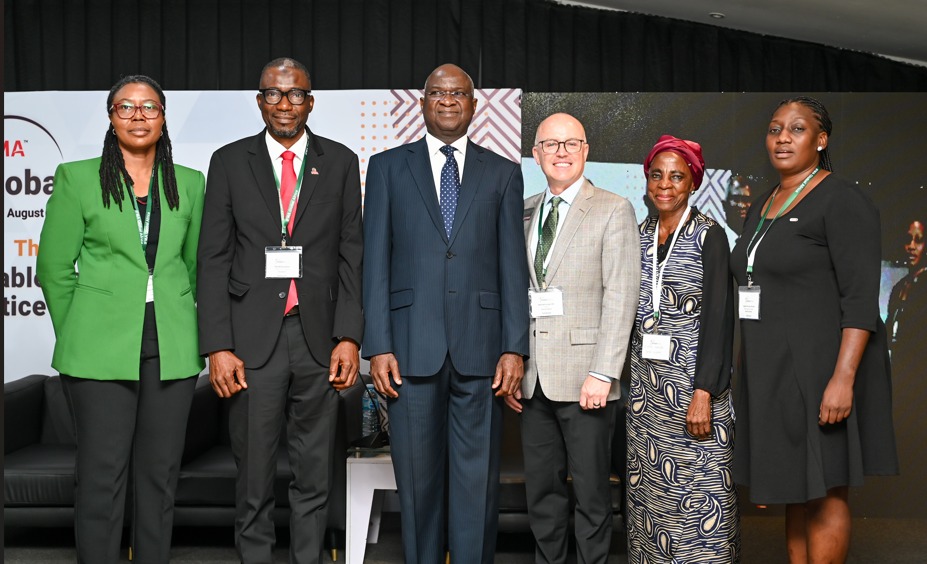Make maintenance mandatory for public, private structures — Fashola

Former Minister of Works and Housing, Mr Babatunde Raji Fashola, SAN, has called for legislation to make facility management and maintenance compulsory for public and private buildings across Nigeria, warning that failure to institutionalise the practice could undermine infrastructure sustainability.
Fashola, who delivered the keynote address at the IFMA Global Africa Conference 2025 in Lagos, stressed that sustainable facility management was critical to job creation, climate change adaptation, and efficient use of public resources.
According to him, while building construction employs only about 30 per cent of professionals in the industry on a short-term basis, over 70 per cent derive long-term employment from the operation and maintenance of facilities.
“That is where the jobs are, we must move away from unsustainable empowerment models such as motorcycles and tricycles, which worsen carbon emissions, and instead channel resources into facility management as a viable and enduring alternative.”
The former minister argued that budgeting for infrastructure should go beyond construction to include maintenance contracts for schools, hospitals, roads, bridges, water facilities and government offices.
Highlighting the emergence of “smart buildings” equipped with sensor-based technology for lighting, heating, and water supply, Fashola said, “this underscored the need for a skilled workforce in facility management.
“Sustainability is not a buzzword. It is now a global requirement embedded in policy, financing and credit. Nigeria must pay attention if we are to prepare for rapid urban growth.”
In his speech, Michael Geary, IFMA Worldwide President/CEO said, “The future of facility management is inextricably linked to sustainability, and nowhere is this more vital than in Africa. The continent’s rapid growth presents a unique opportunity for us to build and manage infrastructure that is not only efficient and resilient but also environmentally and socially responsible. By enabling sustainable FM practices, we are not just optimizing buildings—we are building a more prosperous and sustainable future for communities across Africa and setting a global standard for what is possible.”
Earlier, IFMA Nigeria Chapter President, Engr Sherif Daramola, described the conference, the first of its kind in Nigeria, as the realisation of a 27-year-old dream by the association’s founding members.
He said the gathering of industry leaders, policymakers, innovators and students would reposition the built environment through topical presentations, panel discussions and technical sessions.
Global Chair of IFMA, Christa Dodoo, commended the Nigerian and Ghanaian chapters for their role in professionalising facility management in Africa, noting that Nigeria’s membership recently recorded a 200 per cent growth.
Dodoo warned that Africa must prepare for an unprecedented wave of urbanisation, with Lagos projected to become the world’s largest city by 2100 with an estimated 100 million residents.
“A skilled workforce must operate and maintain these facilities, holding them to the highest standards of efficiency, safety and functionality. This opens great potential for FM, but also makes it a huge asset for Africa’s economy and future,” she said.
Prior to the conference, an executive c-suite round table on circular economy was held with key stakeholders in public and private sectors to understand how Circular Economy can enable growth and impact in Facility Management in Africa.
The two-day conference, themed “Enabling Sustainable Facility Management Practice in Africa,” with technical sessions on Circular Economy, Sustainable Technology, Artificial Intelligence, Innovative Solutions and Public Infrastructure Management brought in speakers from all across the globe. A FM tour to the solar panel wrapped Sterling Towers in Lagos, a fun train ride from Marina Train Station to the National Art Theatre Iganmu and a Cultural tour to JK Randle Centre, Lagos were carried out after the conference.






